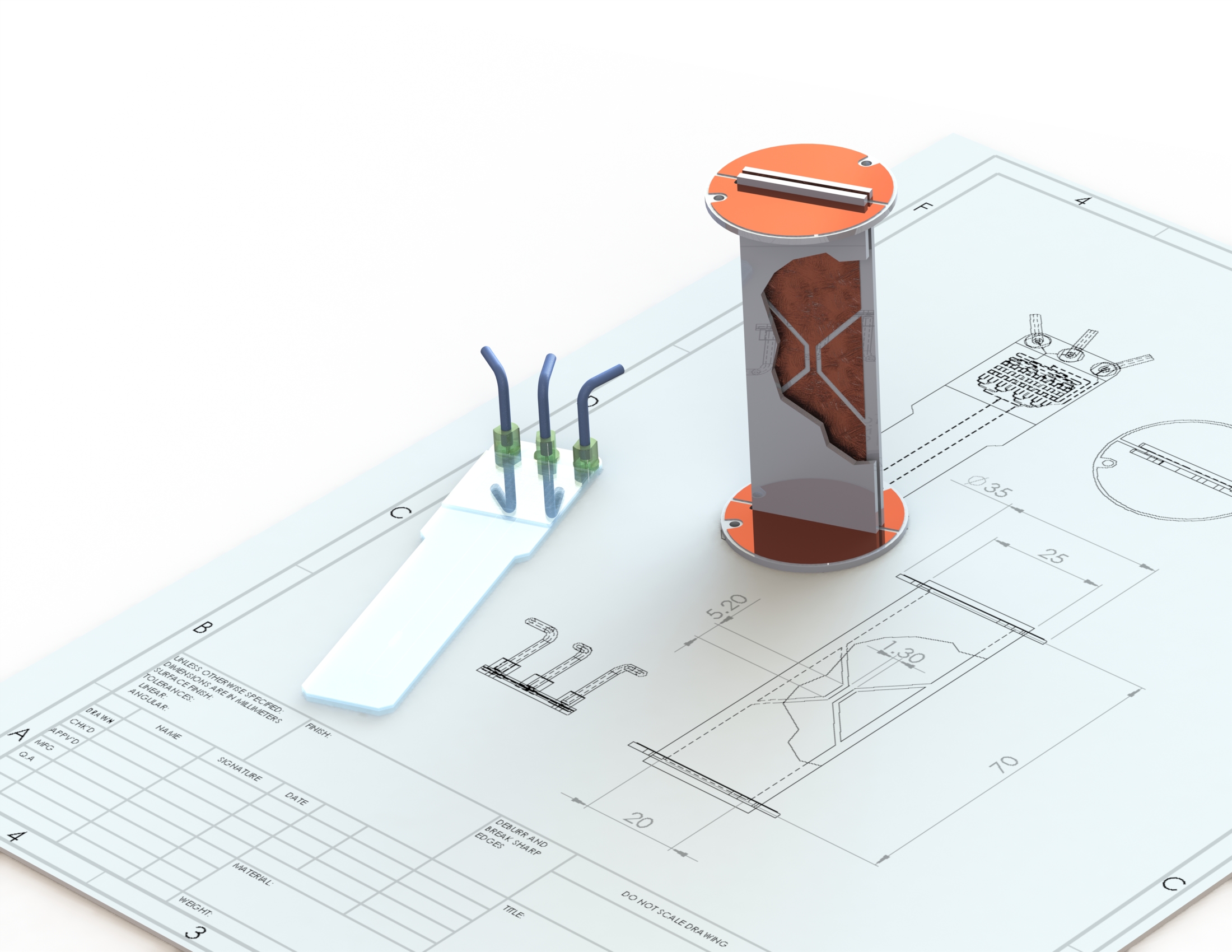This position has been filled and is no longer available.
The central aim of this project is to enable hyperpolarised NMR spectroscopy in microfluidic lab-on-a-chip devices.
Nuclear magnetic resonance (NMR) is one of the most versatile tools known to science. It is non-invasive, allowing direct and quantitative studies of metabolic processes and transport phenomena in live systems. We have recently demonstrated thisat small scale, in the context of microfluidic lab-on-a-chip devices. However, such small-scale applications are limited by the comparatively low sensitivity of NMR. Many important processes in living systems happen on a time scale of minutes to hours. They are difficult to probe with NMR, since the nuclear spin states tend to relax to thermal equilibrium within a few seconds.

The aim of this PhD project is to develop an integrated microfluidic lab-on-a-chip platform for high-resolution nuclear magnetic resonance (NMR) spectroscopy and imaging. This will enable direct NMR investigation of miniaturised lab-on-a-chip culture devices for cells, cell aggregates, and tissues. Such devices will find important applications in the life sciences, for example as disease models, supporting drug discovery and safety testing, as well as tissue engineering.
Hyperpolarisation of the nuclear spins can provide up to 5 orders of magnitude of signal enhancement. However, existing hyperpolarisation techniques are not easily combined with microfluidic systems. The present project will address this by developing a microfluidic device that integrates the chemical reactions and the spin manipulations required for para-hydrogen induced hyper polarisation (PHIP). We intend to combine this with recent developments of molecules that support very long-lived nuclear spin states in order to explore transport and chemical processes in microfluidic devices.
The magnetic resonance research section at the University of Southampton, UK, has access to a wide variety of state-of-the-art magnetic resonance instruments including NMR and EPR spectrometers, as well as hyperpolarization technologies such as dynamic nuclear polarization (DNP) and parahydrogen-induced polarization (PHIP). In addition, Southampton provides an ideal environment for microfluidic technology, with several internationally renowned research groups active in this field.
A 3-year PhD studentship is available in the group of Marcel Utz, supported in part Bruker UK Ltd. The successful candidate should have a good degree in chemistry, or a related field, and a special interest in nuclear magnetic resonance spectroscopy and/or microfluidic systems. The project welcomes applicants from the EU/UK who have or expect to obtain a first class degree in Chemistry, Physics or allied subjects/relevant disciplines. Funding will cover fees and a living allowance in line with RCUK guidelines (£14553 for 2017/2018).
Applications for a PhD in Chemistry should be submitted online at https://studentrecords.soton.ac.uk/BNNRPROD/bzsksrch.P_Search
Please ensure you select the academic session 2018-2019 in the academic year field and click on the Research radio button. Enter Chemistry in the search text field.
General enquiries should be made to Marcel Utz at marcel.utz@soton.ac.uk. Any queries on the application process should be made to pgafnes@soton.ac.uk
Applications will be considered in the order that they are received, and the position will be considered filled when a suitable candidate has been identified.